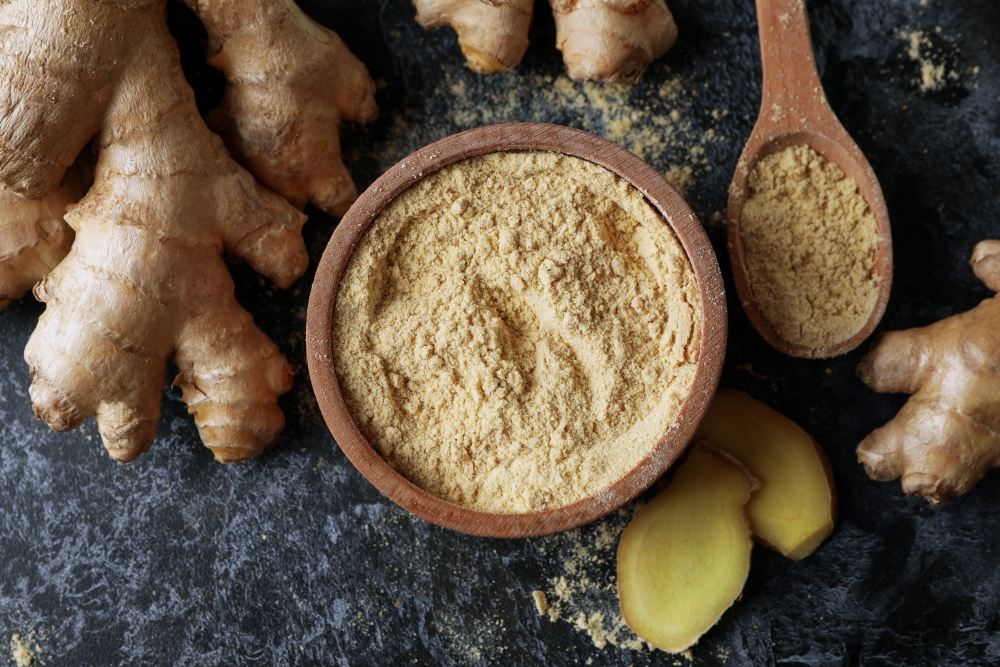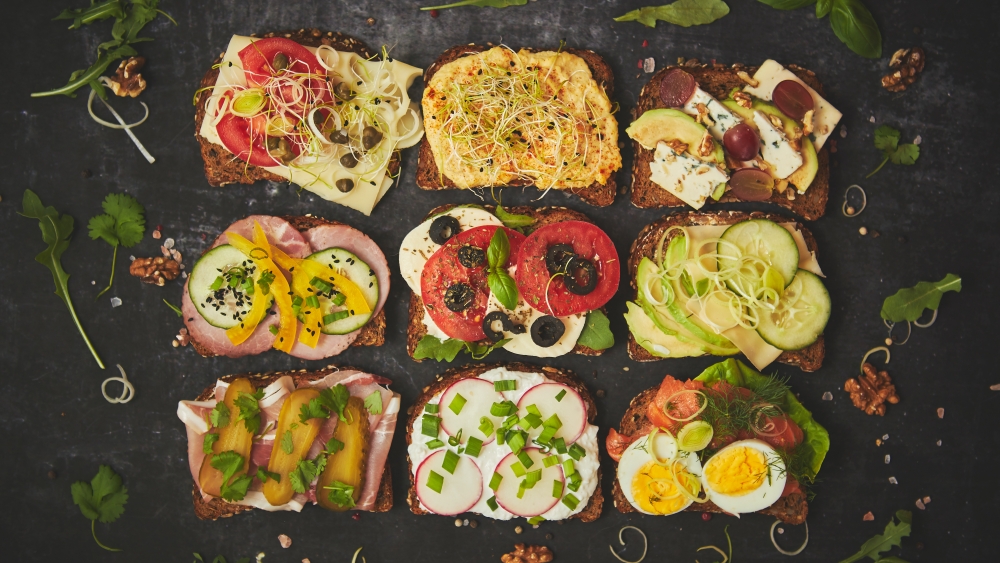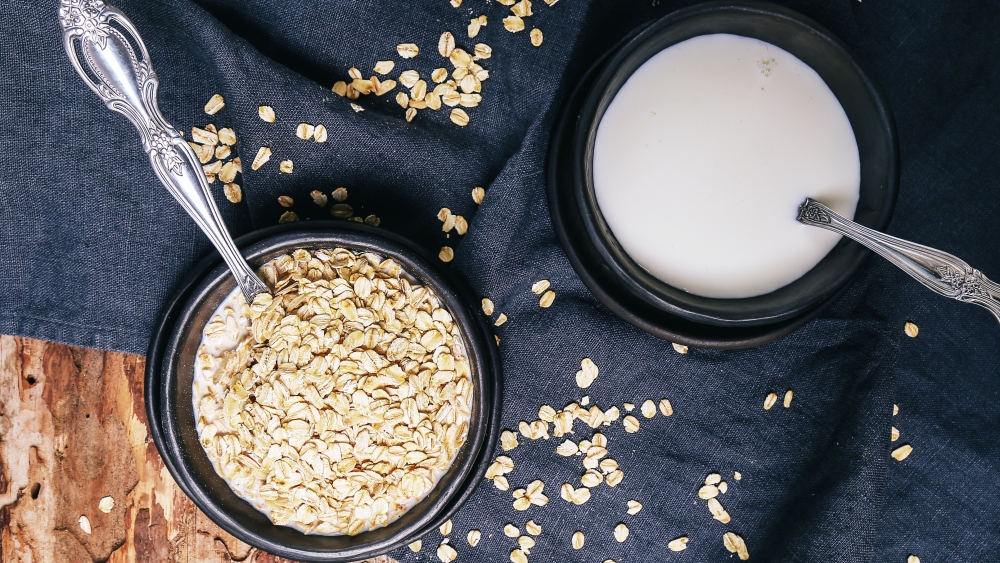Cookies, biscuits, cakes, muffins all need structure and consistency. So you need an ingredient or ingredients to give them volume, make them fluffy, soft and light. This is where baking powder comes in as that its job as an agent. To make it rise. So, to be voluminous.
Baking powder plays a significant role in defining the structure and texture of many baked goods - often together with baking soda, they combine to produce light and fluffy cakes and tender pastries. Quite simply, without these leaveners, many cakes would be crumbly, dense and stale. But baking powder and baking soda are not interchangeable, and if you don't have one, the other won't act as a 1:1 replacement (although it may be part of the solution).
If your baking powder has run out or is past its valability date, there are some baking powder substitutes you can use instead. But since baking isn't all magic but chemistry, let's see what the science says about it.
What is the difference between baking powder and baking soda?
Baking powder and baking soda are chemical growth promoters. Just as yeast helps bread rise through fermentation, these leaveners give cakes, cookies and other baked goods volume and lightness. But unlike yeast, they do not add flavour to the final product.
When added to the dough, these chemical leaveners trigger the release of carbon dioxide, i.e. small air bubbles that make, for example, a light and fluffy pancake. Both baking soda and baking powder produce carbon dioxide through an acid-base reaction. These would be the similarities between the two, but the different ways they work make us understand why they can't be substituted for each other.
Sodium bicarbonate is a base, with an alkaline pH of 8.5, which must react with an acid to produce carbon dioxide. The acid can come from any acidic ingredient, such as yoghurt, lemon juice, white vinegar, brown sugar. Once combined with an acid, baking soda reacts quickly to produce carbon dioxide and give the dough a boost. This means that once the baking soda has been used, the dough needs to be put in the oven quickly to keep its effect.
Baking powderHowever, it is a complete dosing product, containing a base (sodium bicarbonate), an acidic agent (potassium tartrate) and a stabiliser (corn starch), which prevents the other two from reacting until the desired time. Most of the baking powder brands you'll find on store shelves have another feature: they're double-acting, which means the chemical reaction takes place in two phases. The first phase occurs when the dry ingredients meet the wet ingredients. And the second phase is triggered by the heat of the oven. This prolonged process makes baking powder a safe and reliable raising agent for many cakes, cookies and even quick breads.
Why can't you use baking soda instead of baking powder?
We have seen that baking powder is a mix of several substances including baking soda, which reacts slowly. While baking soda is just one of the components of baking powder it takes an acid to react and it does so much faster than baking powder.
Un volum egal de praf de copt are aproximativ un sfert din puterea bicarbonatului de sodiu, ceea ce face reacțiile sale mult mai lente și mai ușor de controlat. Prin urmare, nu puteți schimba praful de copt cu bicarbonatul de sodiu sau invers. Dar, dacă nu ai praf de copt, câteva înlocuiri inteligente te vor ajuta să obții “copturi” frumos crescute și pufoase, iar bicarbonatul de sodiu face parte din formula succesului înlocuirii.






